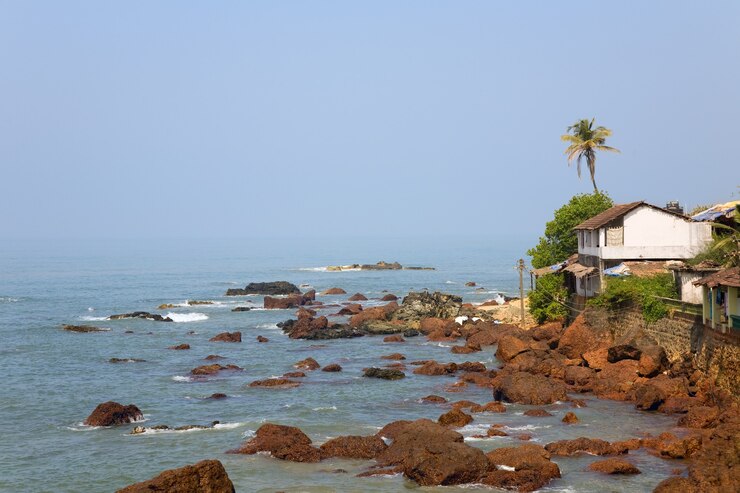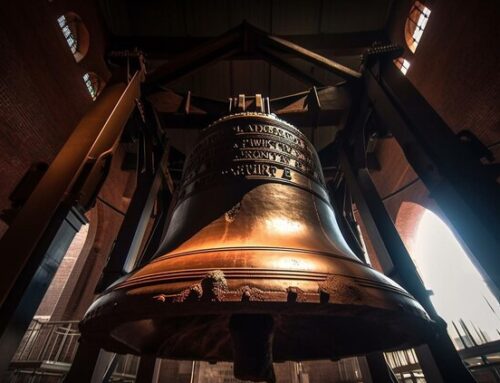In obscure ideas and less-explored terminologies, “Peiscans” seems to catch the eye and arouse curiosity yet leaves most people wondering about its origins, significance, and relevance. If you’ve stumbled across this term, you probably need clarification about its meaning, where it came from, and why it’s essential. In this article, we will delve into the world of Peiscans, exploring its definitions, historical context, potential interpretations, and implications.
While “Peiscans” might not be universally recognized in mainstream discussions or easily found in conventional dictionaries, it represents a fascinating case study of how language and concepts evolve, often drawing from niche cultural, historical, or even fictional origins. Let’s dissect the layers behind this enigmatic term to understand its significance and relevance today.
Understanding the Origin of this Term
To fully understand it, we first need to explore its etymology. Although the word doesn’t directly align with any specific language or well-documented source, it appears to have ancient and esoteric roots. Scholars investigating the origins of similar-sounding terms often link them to ancient linguistic fragments, possibly derived from Latin or Greek words associated with the sea or coastal regions.
One possible theory is that it could be linked to the Latin word “piscis,” which translates to “fish.” This interpretation suggests a potential association with marine life, maritime cultures, or coastal communities that thrived on fishing. However, without a concrete etymological trail, this remains speculative. The term may have also evolved through oral traditions, regional dialects, or cultural folklore, where specific names or concepts get slightly altered over generations.
A Glimpse into Potential Interpretations
While the historical roots may be shrouded in mystery, modern interpretations can offer insight into its possible meanings:
- Maritime Culture and Heritage: Given its possible connection to the Latin word “piscis,” one plausible interpretation is as a term referring to ancient coastal communities that relied heavily on fishing for their livelihoods. Such societies depended on the sea for food and developed a unique set of customs, rituals, and mythologies related to the ocean. Peiscans, in this context, could refer to the people who lived by and revered the sea, drawing their identity from their maritime environment.
- Symbolic Representation of Freedom and Exploration: The sea has always been a powerful symbol of freedom, vastness, and the spirit of exploration. In a metaphorical sense, it could be a term used to describe individuals who embody these qualities. It may refer to explorers at heart, willing to venture beyond the known horizons, much like ancient mariners who set sail into uncharted waters. In this interpretation, the term captures the essence of human curiosity and the drive to explore the unknown.
- Mythical Beings or Folk Legends: Another intriguing angle is that it might be connected to folklore or mythical creatures. Much like mermaids, sirens, or selkies from Celtic and Scandinavian legends, it could be a name given to legendary beings believed to inhabit the sea. Such creatures are often depicted as guardians of the ocean or as symbols of wisdom and mystery. While there are no well-documented stories in popular mythology, regional legends that have yet to be widely recognized may exist.
Modern Interpretations: Literature and Culture
Interestingly, this term has occasionally surfaced in modern literature, albeit rarely. Some authors have used the term in fictional works to describe a mystical or secretive group with a deep connection to the sea. In these narratives, Peiscans are often portrayed as ocean protectors, possessing ancient knowledge about the tides, marine life, and the mysteries hidden beneath the waves.
While such representations are fictional, they help perpetuate the term’s enigmatic allure. Using it as a symbol, these stories often explore deeper themes like the need to protect the environment, the importance of understanding our natural world, and the mysteries that still elude human comprehension.
In recent years, efforts have been made to repurpose and redefine old or obscure terms to fit modern contexts, especially in creative industries. For instance, writers, filmmakers, and game developers might adopt the term “Peiscans” to add an air of mystery and depth to their worlds, similar to how terms like “Eldar” or “Aesir” are borrowed from mythology for use in science fiction and fantasy settings.
Environmental and Ecological Implications
The concept can also take on an ecological dimension in a world where environmental consciousness is becoming increasingly important. If we consider it a symbolic representation of those closely connected to the sea, then modern-day it could be seen as the environmentalists, marine biologists, and activists dedicated to preserving marine ecosystems.
Today, the oceans are threatened by pollution, overfishing, and climate change. Peiscans, in this contemporary sense, could represent a new wave of ocean protectors striving to reverse the damage done to the seas. By embodying the spirit of ancient maritime cultures that respected and lived in harmony with the ocean, modern Peiscans can inspire us to take better care of our planet’s blue heart.
Conclusion: Embracing Its Spirit
The term “Peiscans” may not yet have a clear and universally agreed-upon definition, but it carries an air of mystery and possibility. Whether it refers to ancient seafaring people, mythical beings, or modern ocean protectors, it symbolizes a deep, almost spiritual connection to the sea. This connection could remind us of the bond between humans and the natural world, urging us to reconnect with our environment and treat it respectfully.
The concept could inspire us in an era when our oceans face unprecedented challenges. As ancient mariners once explored unknown seas, we are explorers—seeking to understand, protect, and preserve the natural wonders that still hold so many secrets. By embracing the spirit of the Peiscans, we can draw closer to nature and become better stewards of our world.
Its mysterious allure reminds us that not everything needs to be fully understood or appreciated. Sometimes, the very act of exploring the unknown brings meaning and purpose to our lives. Whether literal or metaphorical, ancient or modern, this legacy invites us to explore, protect, and cherish our planet’s vast blue oceans.
The term “Peiscan” is a testament to the power of language, culture, and imagination in a world constantly searching for new symbols and meanings. Whether it evolves into a recognized concept or remains a niche term known only to a few, this serves as a reminder that there is always something new to discover, both within ourselves and in the world around us.




